The Internet and telecom industry in 2025 is revolutionized by 6G networks, AI-driven automation, satellite internet, IoT advancements, and cybersecurity innovations. With ultra-fast connectivity, smart cities, and AI-powered telecom solutions, the future of communication is faster, smarter, and more accessible than ever before.
The Internet and telecom industry is evolving rapidly, driven by 6G technology, AI-powered communication, and satellite-based networks. As we enter 2025, global connectivity is set to become faster, smarter, and more accessible than ever before. This article explores the latest trends, innovations, and market impacts shaping the industry.
1. 6G Technology: The Next Big Leap
With 5G already mainstream, telecom companies are investing in 6G research to deliver ultra-fast, low-latency networks. Expected features include:
- 1 Tbps (terabit per second) speeds, 100x faster than 5G.
- AI-powered networking, optimizing performance in real-time.
- Holographic communication, allowing real-time 3D interactions.
- Seamless connectivity across smart cities, IoT devices, and autonomous vehicles.
Impact: 6G will transform industries, from healthcare (remote surgeries) to entertainment (immersive VR experiences).
2. AI and Automation in Telecom
AI is reshaping the telecom industry by enhancing:
- Network optimization, predicting outages and fixing issues automatically.
- Customer service, with AI-powered chatbots handling queries.
- Fraud detection, preventing cyberattacks and identity theft.
Impact: AI-driven networks will reduce costs, improve efficiency, and provide a seamless user experience.
3. Satellite Internet: Closing the Digital Divide
With companies like Starlink, Amazon Kuiper, and OneWeb, satellite-based internet is bringing connectivity to remote areas. Features include:
- High-speed global internet access, even in rural locations.
- Low Earth Orbit (LEO) satellites, reducing latency.
- Affordable broadband solutions, making the internet accessible for all.
Impact: Millions of people will gain access to education, remote work, and digital services, boosting economic growth.
4. The Rise of Smart Cities and IoT Connectivity
By 2025, smart cities will leverage 5G, IoT, and AI to create:
- Autonomous traffic systems, reducing congestion.
- Smart energy grids, improving efficiency and sustainability.
- AI-driven security systems, enhancing public safety.
Impact: Urban areas will become more efficient, eco-friendly, and interconnected through IoT-powered telecom networks.
5. Cybersecurity and Data Privacy Challenges
With advanced connectivity comes greater security threats. The major concerns include:
- AI-powered cyberattacks targeting critical infrastructures.
- Data privacy laws tightening, forcing companies to comply with strict regulations.
- Quantum encryption technology emerging as the next step in cybersecurity.
Impact: Businesses must invest in stronger security frameworks to protect user data and prevent cybercrimes.
Conclusion
The Internet and telecom industry in 2025 will be defined by faster speeds, AI-driven automation, global satellite internet, and smart city infrastructure. As connectivity improves, it will unlock new opportunities for businesses, individuals, and governments, shaping the digital future.
Let me know if you need modifications or want another article! 🚀

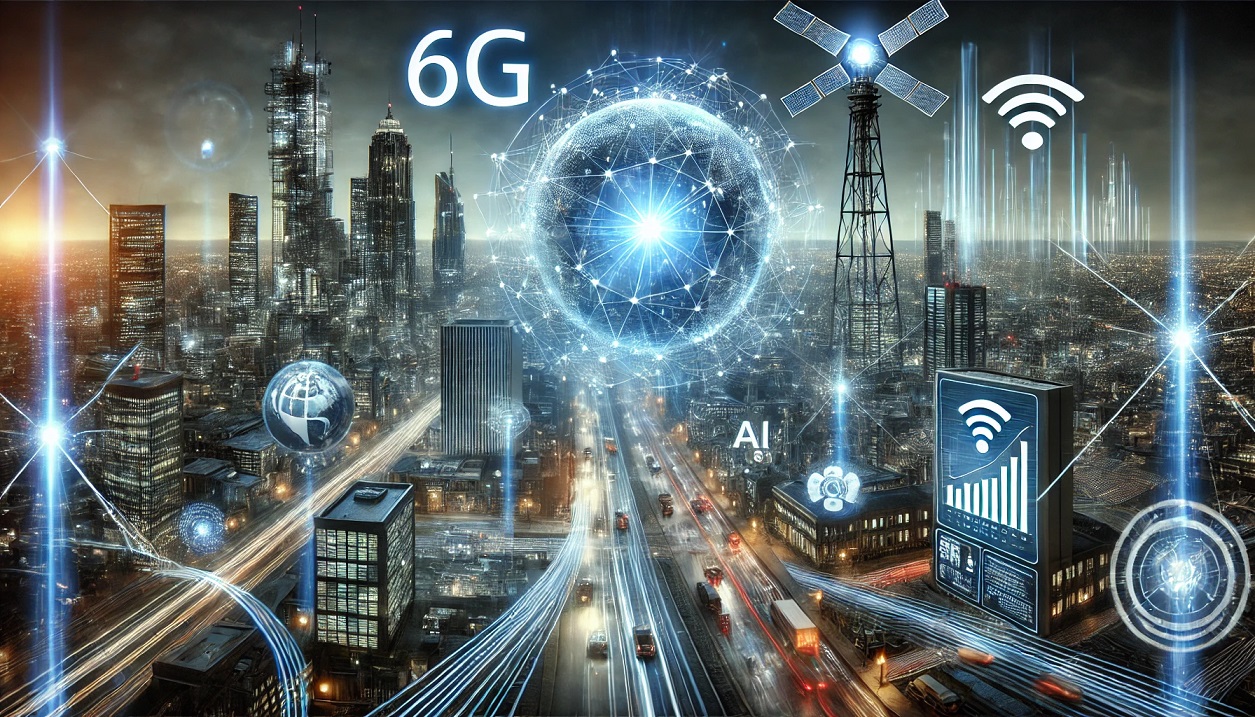
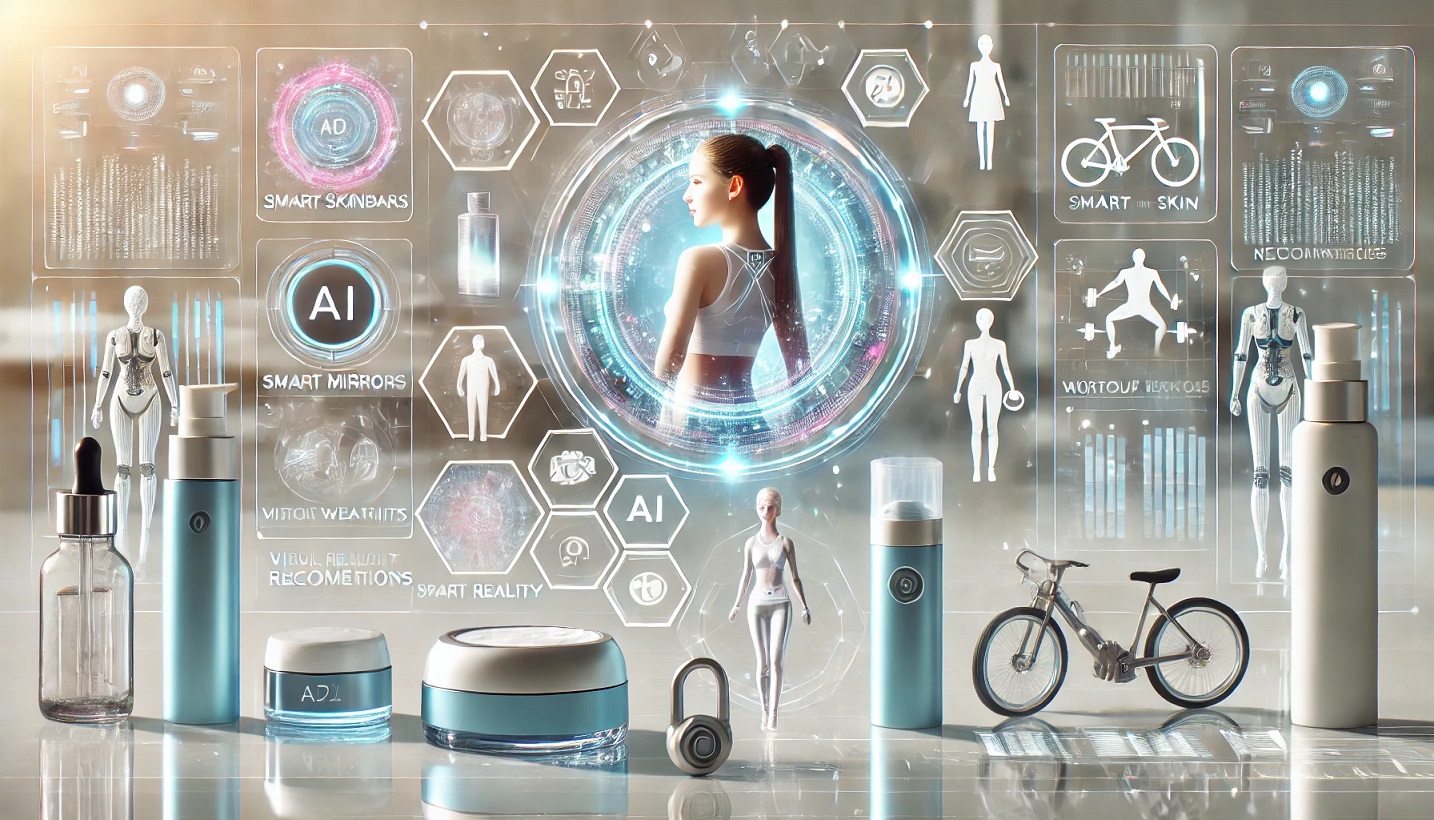
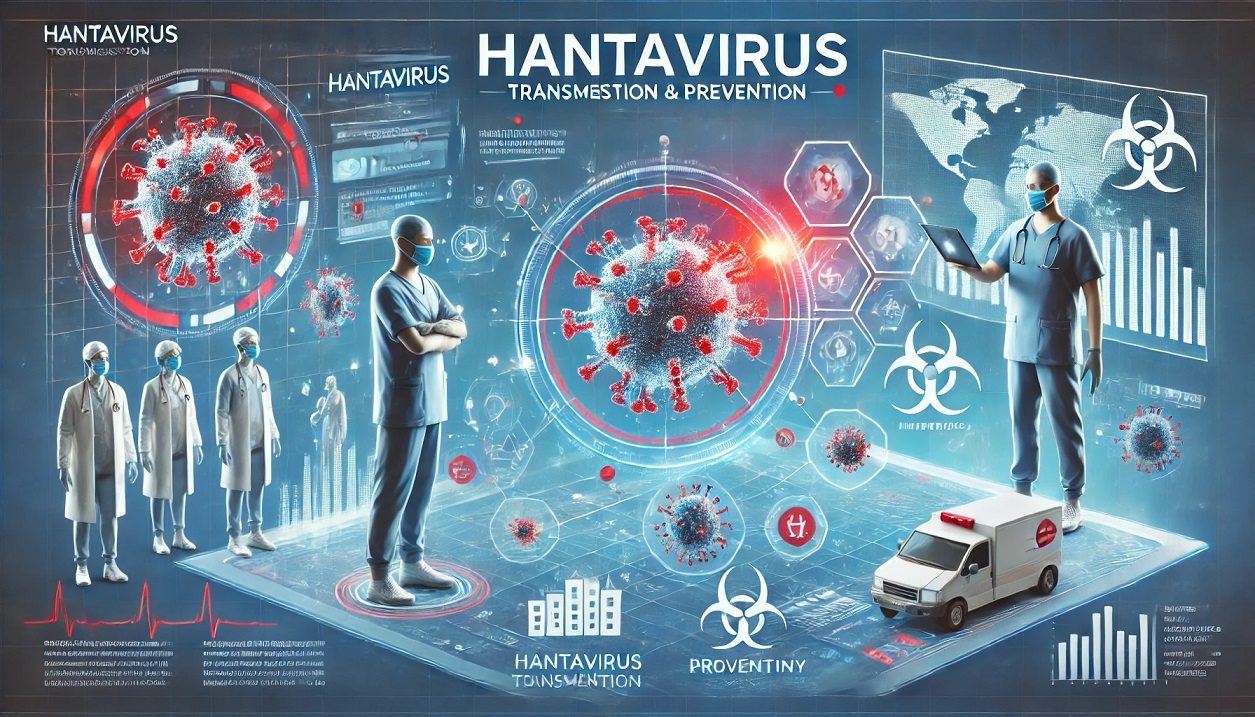
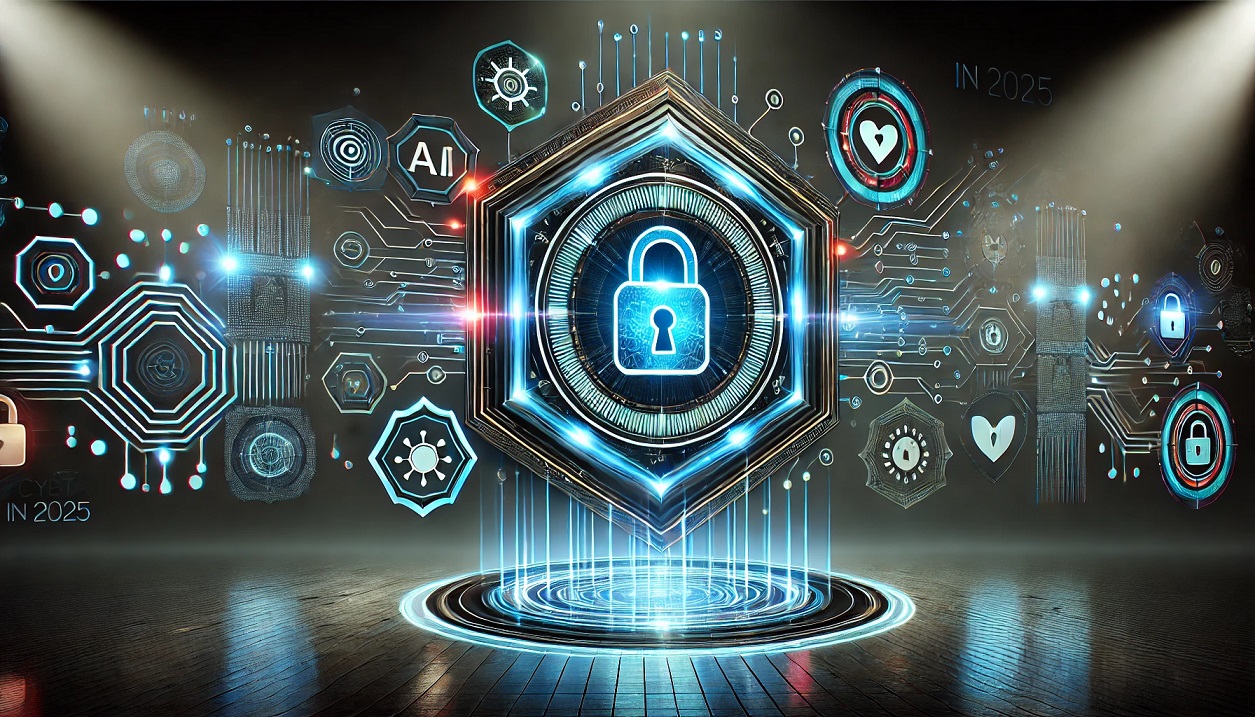
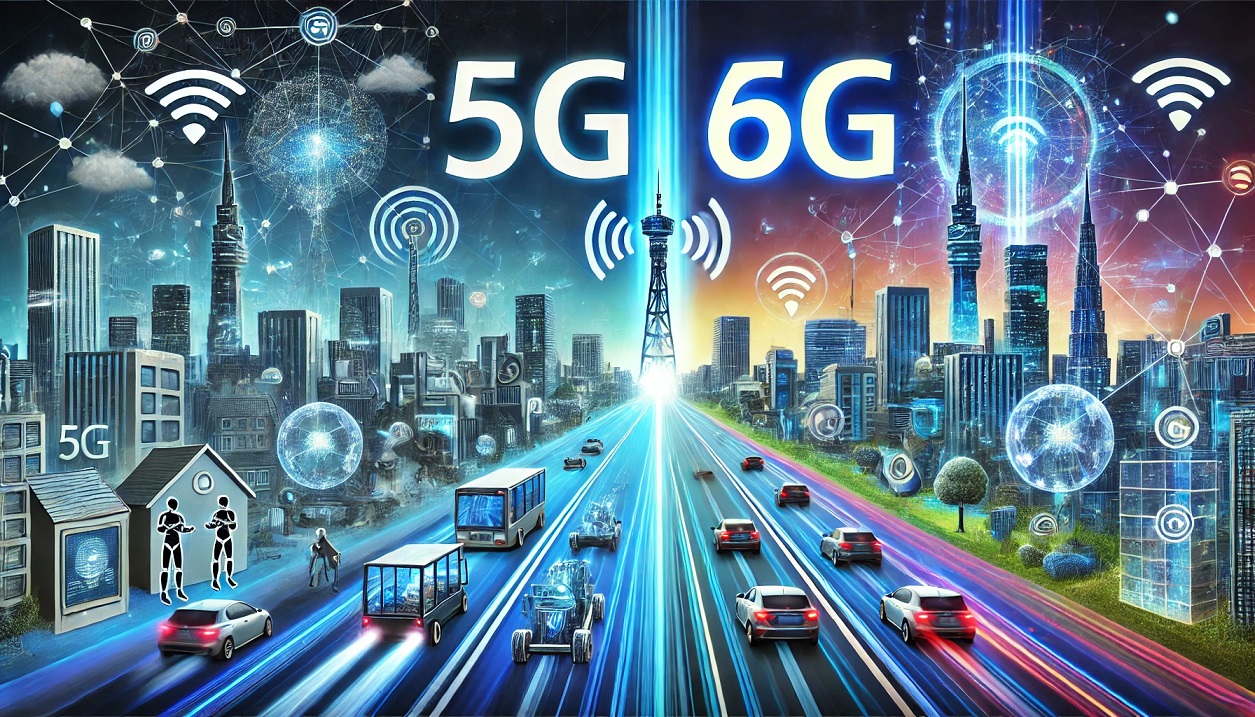
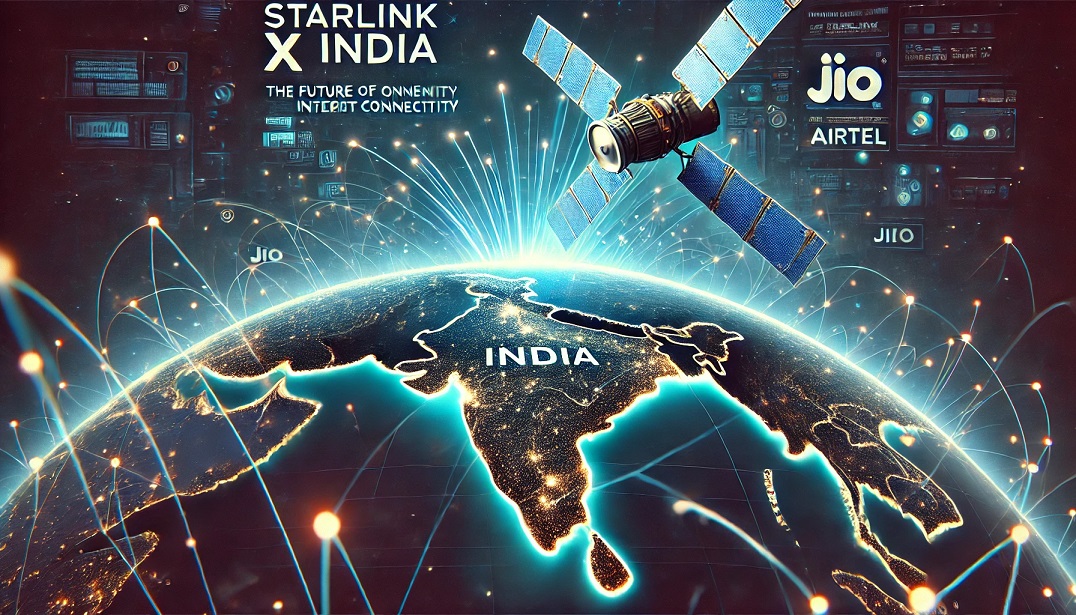
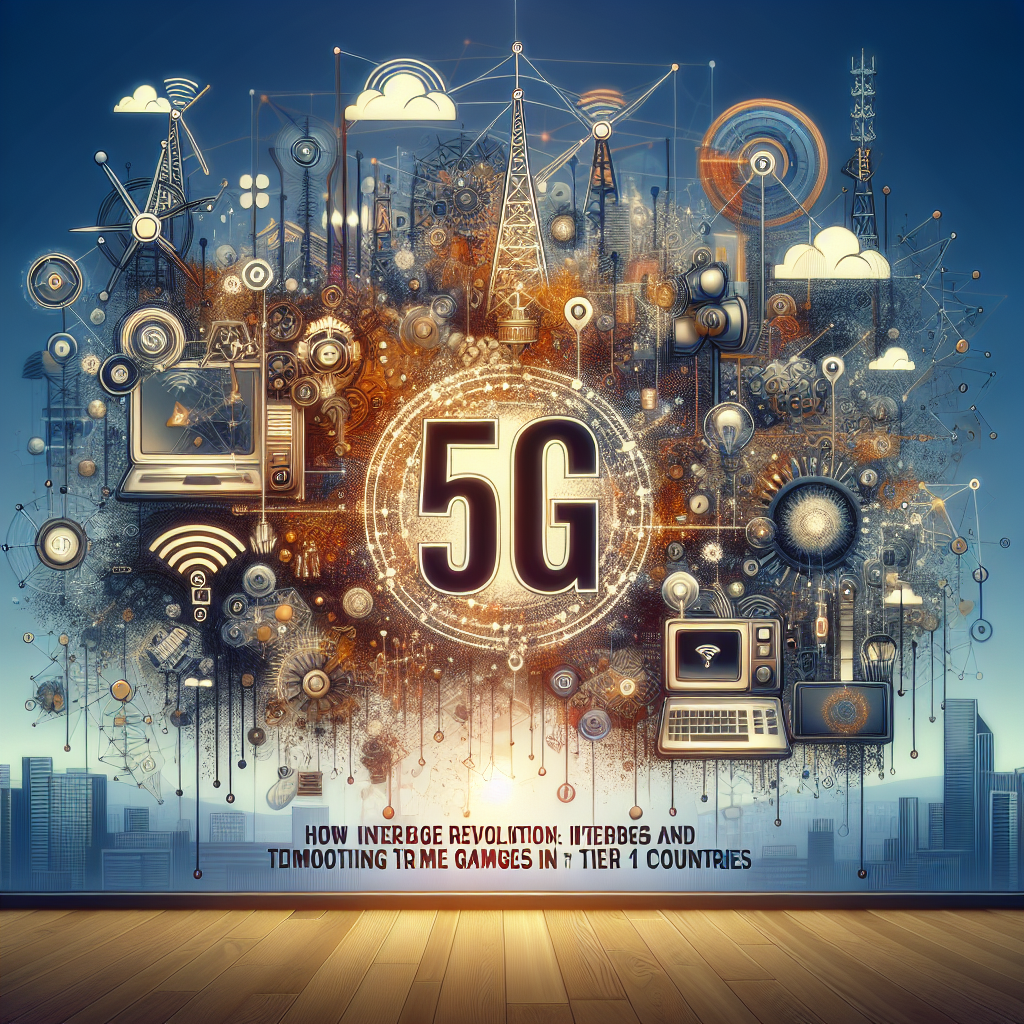
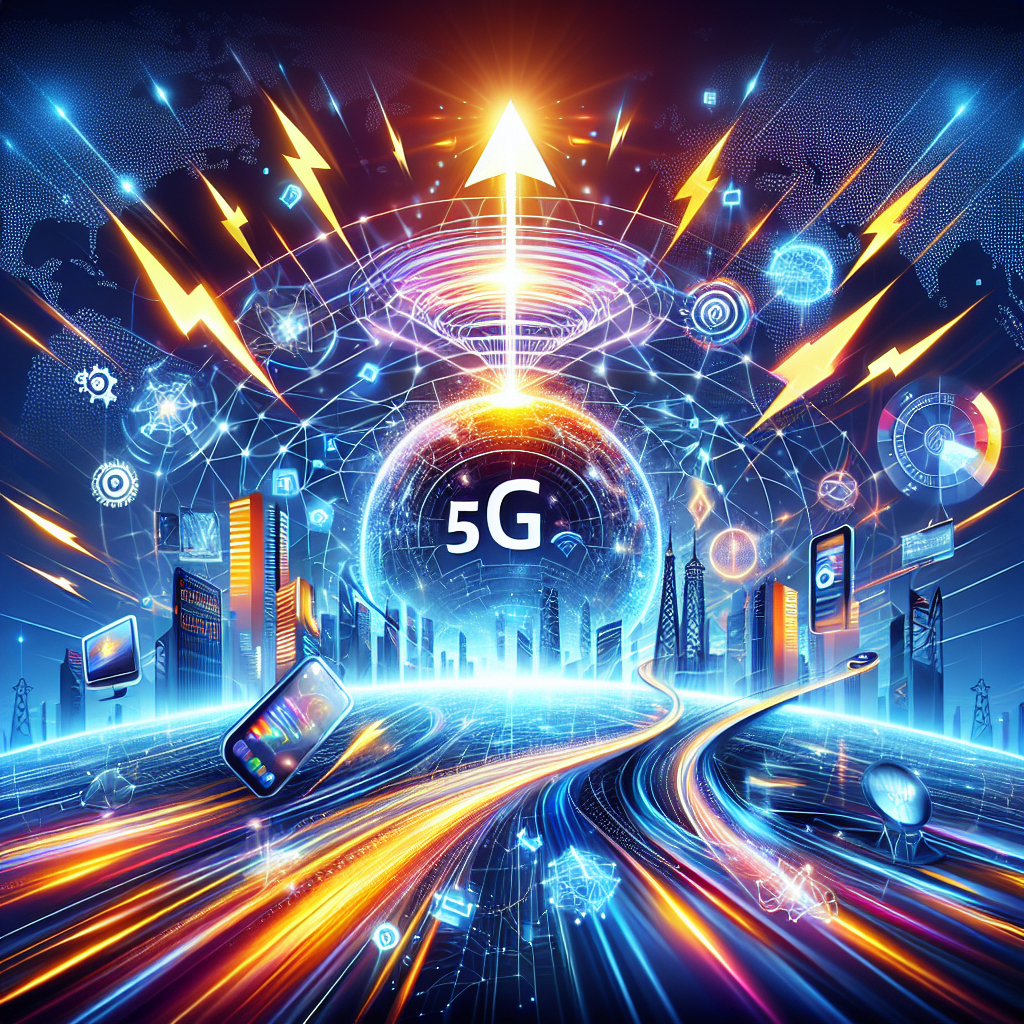
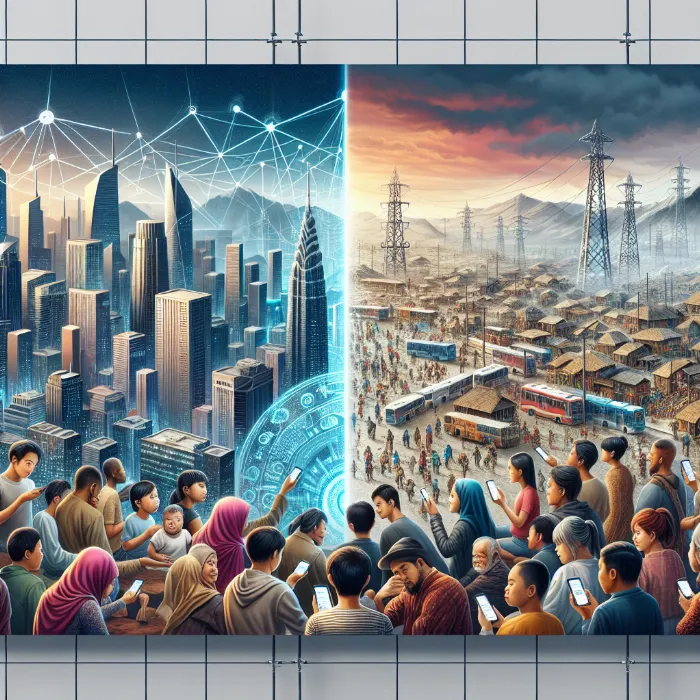

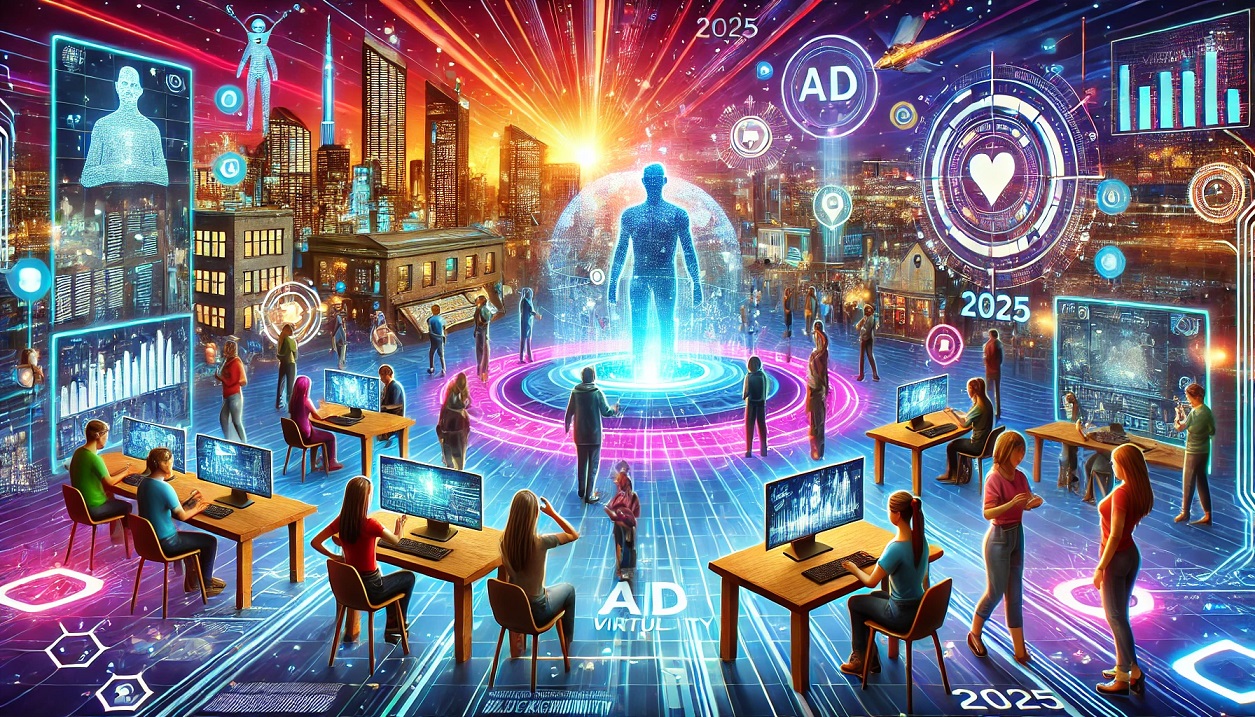


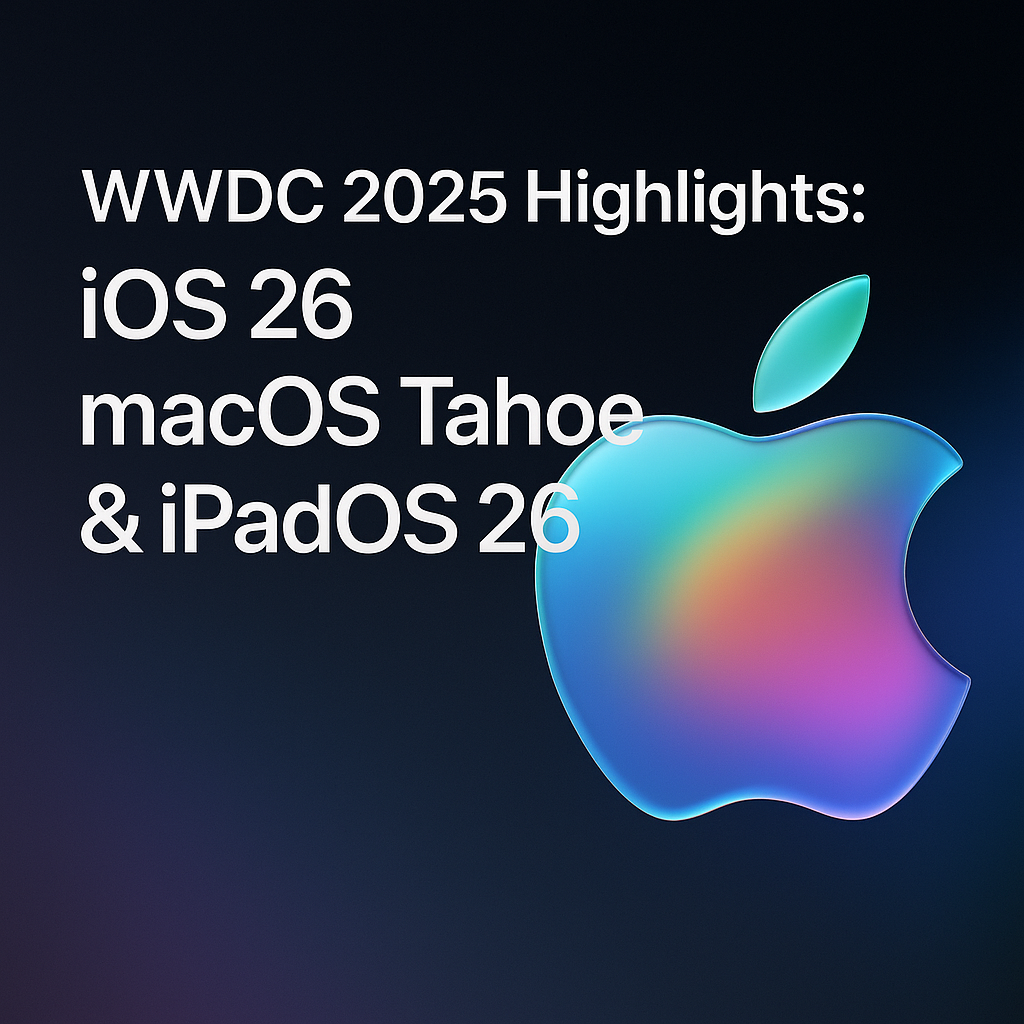
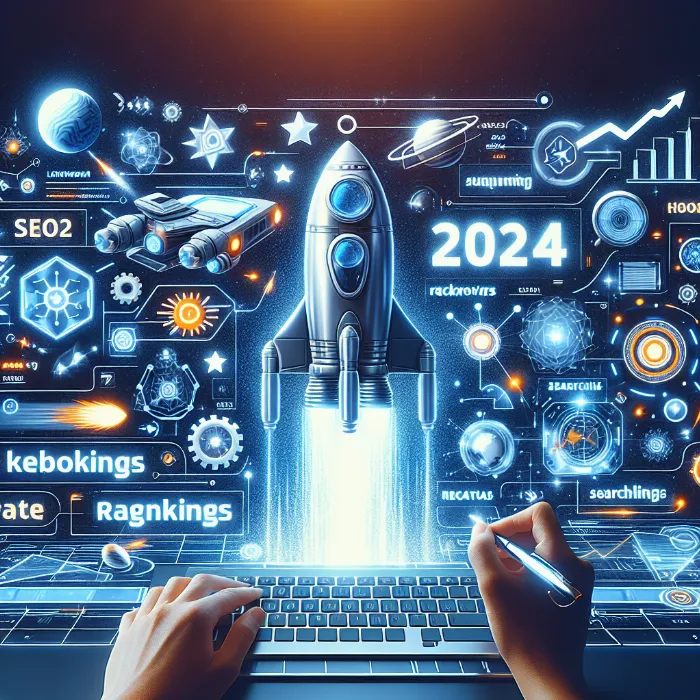

Comments 0